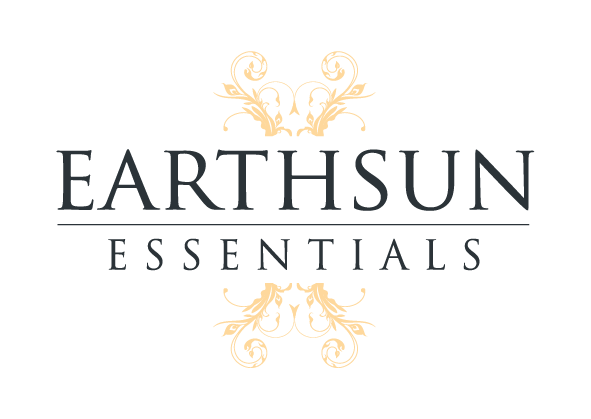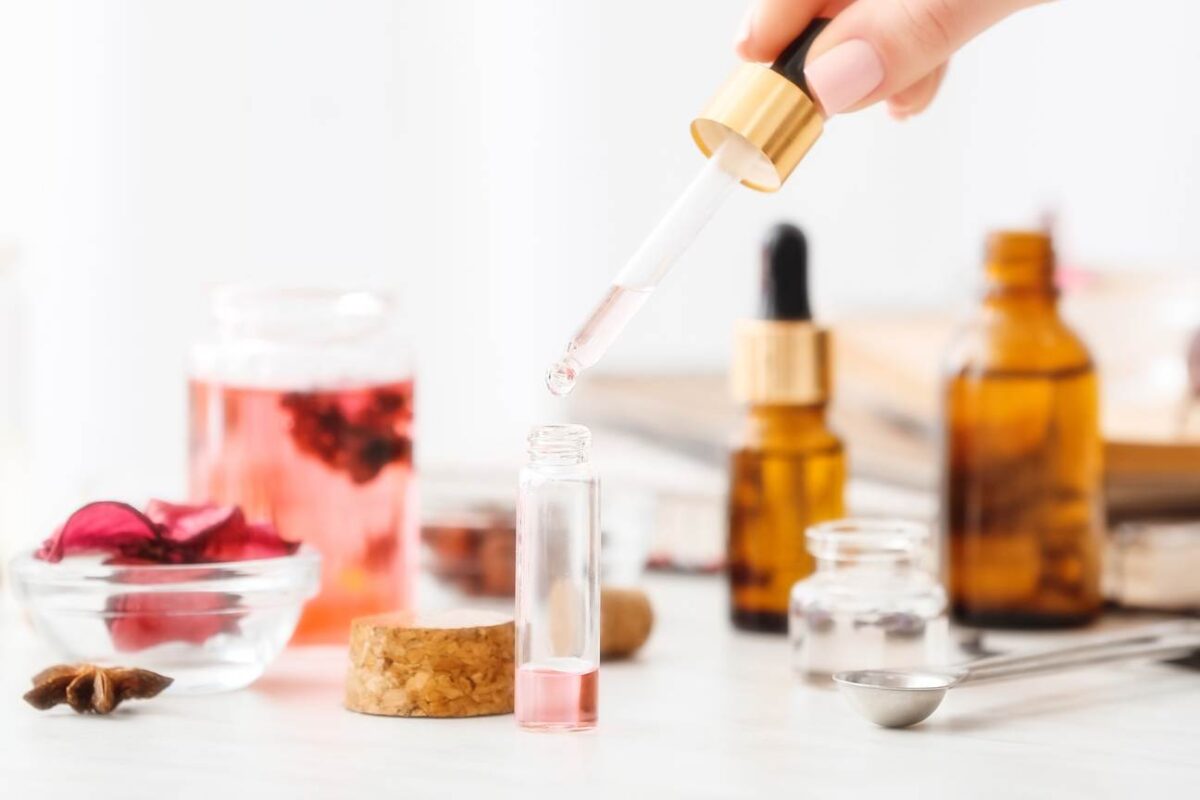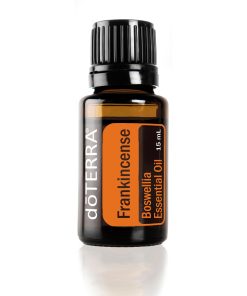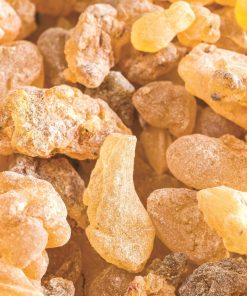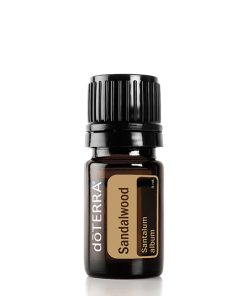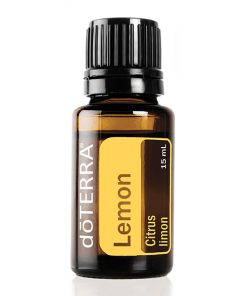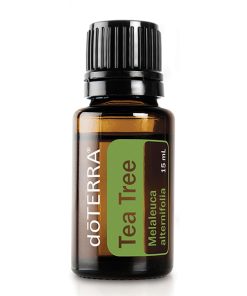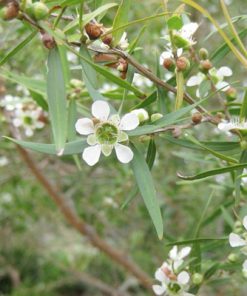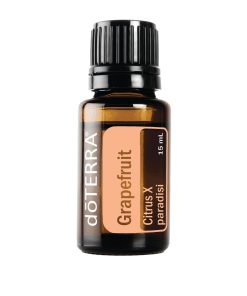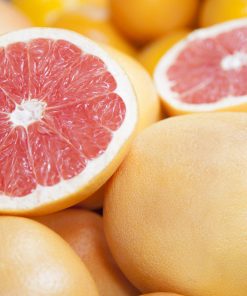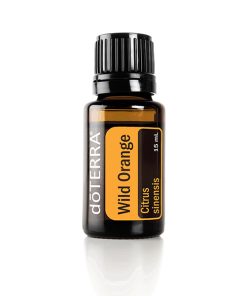Essential Oil Safety, Essential Oils, Guide to Oils, Rose Oil, Skin Care
7 Essential Oils to Incorporate into your Skincare Routine
If you peruse the pharmacy aisles or the beauty section of your local supermarket, you will find plenty of man-made, lab-crafted products carefully designed to improve the appearance of your skin. We often blindly trust these products without knowing what artificial ingredients they contain.
However, there is a natural alternative – Essential Oil. Essential oils come from nature and can be even more effective in your beauty regime than the products you find on the shelves.
Here are seven of our favourite essential oils to use as natural beauty ingredients.
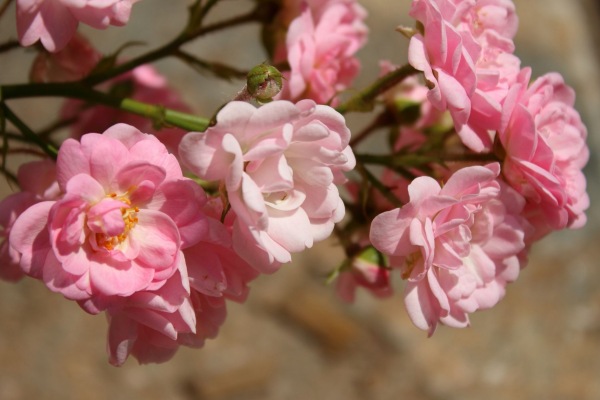
Rose Oil
Known as the ‘Queen of Oils,’ Rose essential oil is one of the best essential oils that offer a plethora of benefits for the body and mind. One such benefit is the wonders it does for your skin.
One of the ingredients that you often see on skincare products, particularly anti-aging skin care products, is Hyaluronic Acid. This acid is known for its impressive hydrating properties which promote younger-looking skin.
Rose essential oil is a perfect natural alternative to Hyaluronic Acid, as it is also intensely hydrating. Use rose essential oil to moisturise and plump the skin, as well as to soothe any redness due to its anti-inflammatory properties.
Frankincense Oil
If you have ever bought anti-ageing products then you are probably familiar with the ingredient Retinol. It is true that Retinol has powerful age-reversing effects on the skin.
However, there is an alternative that comes from an all-natural source: frankincense extract or Frankincense essential oil. This impressive essential oil has many uses and benefits, with one being that it supports skin regeneration. This means that it causes the skin to rapidly produce new cells to replace those that are ageing and provide a healthy looking complexion.
When you apply frankincense essential oil to wrinkles, it promotes a more youthful appearance. These regenerative properties can also help improve the appearance of scars and stretch marks and promote faster healing of wounds.
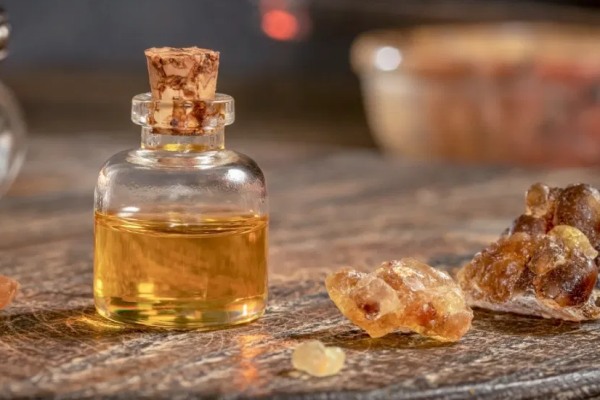
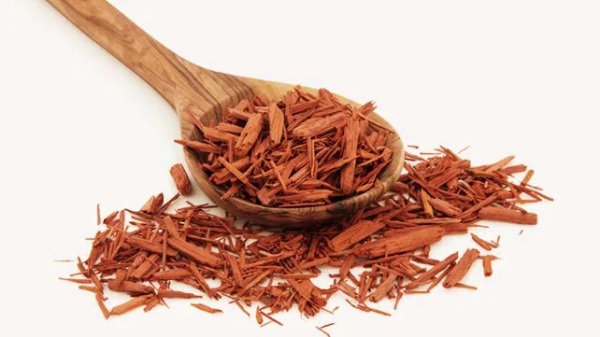
Sandalwood
If you have ever suffered from eczema or rashes, then you may have turned to Hydrocortisone to treat them. Once again, there is a highly effective natural alternative: Sandalwood oil.
Due to sandalwood’s anti-inflammatory and hydrating properties, sandalwood oil can be used to treat many of the same skin concerns as Hydrocortisone.
Sandalwood oil is a mild astringent with a woody aroma and can be applied to skin infections and wounds to soothe, gently cleanse and promote healing. Topical application can also assist with improving the appearance of scars and blemishes, whilst the moisturising properties of sandalwood are excellent for giving dry skin and the hair a healthier appearance.
Lemon
A common skincare ingredient for treating acne and oily skin is Salicylic Acid. It is effective in reducing redness and cleansing pores. However, you should be cautious about your skin type as this acid is not suited for dry skin.
Meet the equally effective, all-natural alternative that has the added bonus of using on any skin type: Lemon essential oil.
Lemon is an incredible essential oil with numerous uses for health, cleaning, and general wellbeing. In addition, it is helpful to reduce hyperpigmentation and acne, making it a wonderful alternative to Salicylic Acid.
However, it is a heavy, potent essential oil, so it should always be diluted with a carrier oil before it is applied to the skin.


Tea Tree (Melaleuca)
Another common ingredient in acne treatments is Benzoyl Peroxide. This ingredient treats blemishes by drying out the affected areas and causing them to peel, causing a hyper-exfoliating effect. The downside is that this is very damaging to the skin.
Not to worry, as once again there are natural alternatives that have the same benefits without the damage.
Tea Tree essential oil is excellent for cleansing, soothing, and disinfecting, and therefore it is highly effective for treating acne and inflammation. Tea tree is also a helpful product to cleanse wounds, calm skin and purify hair.
Ran out of tea tree oil? Clove oil also helps with acne and blemishes by promoting faster cell turnover.
Grapefruit
It turns out that grapefruit and yoghurt is more than just a
If you suffer from dark spots on the skin or general unevenness of skin tone, you may have turned to Hydroquinone to help. It can indeed help to lighten the skin and correct dark spots.
However, it is a somewhat controversial ingredient that contains harsh chemicals. There are a few essential oils that you can use instead for a natural alternative, with one of our favourites being orange.
Orange oil contains a range of nutrients and vitamins that encourage damaged skin to repair rapidly, promoting an overall flawless appearance. If you do not have any orange oil on hand, neroli is another option that comes from the same tree and promotes overall luminosity of the skin.
Alternatively, chamomile oil and bergamot essential oil helps calm a range of skin conditions that lead to an uneven complexion.


Orange
If you suffer from dark spots on the skin or general unevenness of skin tone, you may have turned to Hydroquinone to help. It can indeed help to lighten the skin and correct dark spots; however, it is a somewhat controversial ingredient that contains harsh chemicals. There are a few essential oils that you can use instead for a natural alternative, with one of our favourites being orange.
Orange oil contains a range of nutrients and vitamins that encourage damaged skin to repair rapidly, promoting an overall flawless appearance. If you do not have any orange oil on hand, neroli is another option that comes from the same tree and promotes overall luminosity of the skin. Alternatively, chamomile oil’s soothing effects help to calm a range of skin conditions that lead to an uneven complexion.
Whilst manufactured skincare products can be effective in promoting youthful-looking skin and reducing the appearance of blemishes, they often contain harsh chemicals and can be damaging.
Essential oils provide a natural alternative and are often more effective than store-bought options.
Always check the specific safety instructions before applying any essential oil to your skin, as some essential oils like citrus oils are phototoxic and others should be diluted with a carrier oil prior to topical application.
Please note: – this blog should be read in conjunction with “Essential Oils and the Sun – What to Avoid?”
